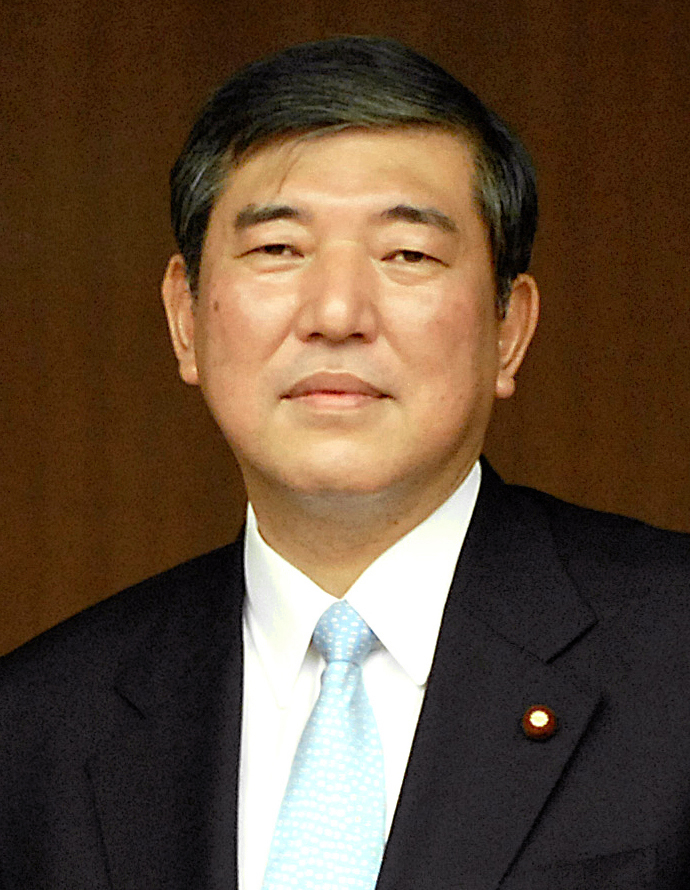
Once burned, twice wary — yet Japan's ruling Liberal Democratic Party (LDP) seems to have ignored the warning signs, dismissing public sentiment and reviving memories of the bitter coalition struggles of the 1990s.
For the first time in 15 years, pre-election surveys suggest the LDP is on track to lose its majority in the October 27 election. Voter dissatisfaction is mounting, driven by perceptions that the party has led the nation into unsustainable debt, fiscal mismanagement, and an increasingly burdensome tax regime.
A poll conducted by the Yomiuri Shimbun, surveying 165,820 people on Tuesday and Wednesday, points to the LDP's likely failure to secure a majority in the 465-seat Lower House. For the first time in over 15 years, projections for the upcoming election on October 27 suggest a potential loss of the ruling party's grip on the 465-seat Lower House. Public concerns surrounding Japan's escalating debt, fiscal mismanagement, and an unpopular taxation regime contribute to this precarious political scenario.
The specter of coalition governance, which haunted the country in the 1990s, may once again loom large. Although the LDP regained power in 2009, the Japanese economy remained largely stagnant, characterized by weak growth and persistent fiscal challenges.
Ever since the tragic assassination of former Prime Minister Shinzo Abe in 2021, the LDP has been entangled in controversies, from unappreciated church affiliations to slush fund scandals. The leadership of Fumio Kishida, whose approval rating plummeted to an alarming 17%, faltered under these pressures.
Kishida's eventual departure paved the way for the ascendance of Shigeru Ishiba, whose promise of party reform has set the stage for the upcoming election. Ishiba's decision to seek an immediate electoral mandate, rather than serve out the remainder of the term, signifies the precariousness of the LDP's factional politics.
Beneath the apparent political drama lies Japan's staggering debt-to-GDP ratio, which has reached an astonishing 266 percent. The political conversation has shifted from mere fiscal discipline to a more urgent call for austerity and curtailment of government expenditure. Regardless of which party assumes power, managing this fiscal crisis will be central to the next policy.
Opposition offers alternative
At the forefront of the opposition is the Nippon Ishin no Kai (Japan Innovation Party), a right-wing entity that browbeats success over the revision of Pacifist Constitution, presents a formidable challenge to the LDP's dominance. Emboldened by an assertive platform that vouches Laissez-faire or reducing government intervention in the economy and promoting decentralization, the JIP appeals to both populist and market-driven liberals. The party's emphasis on delimiting defense spending has resonated with a growing portion of the electorate, particularly in urban centers like Osaka.
As the JIP gains momentum, its success in capturing the disillusioned electorate could signal a broader realignment of the political spectrum. Traditional LDP voters, swayed by the allure of populist rhetoric and promises of economic liberalization, may cast their ballots for a party that embodies both nationalist and free-market ideals. For the LDP, a return to the opposition would likely signal a prolonged period of political exile, as history has shown that once ousted, it takes decades — if not years — for the party to rebuild and return to power.
Japan now stands at a critical juncture, one where the next election will not only determine the country's immediate political future but may also redefine the trajectory of its governance for years to come. The era of coalition politics, once seen as a relic of a bygone era, may be set to return with renewed vigor.









